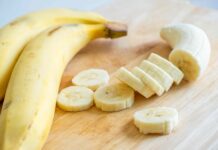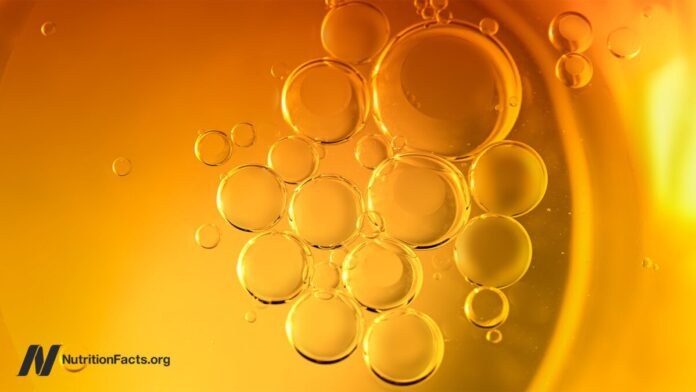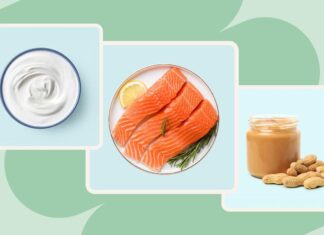Refined vegetable oils, including widely used palm oil and even some extra virgin olive oils, contain potentially harmful chemical contaminants, most notably 3-monochloropropane-1,2-diol (3-MCPD). This compound forms during the high-heat refining process and poses health risks, particularly with frequent consumption.
3-MCPD Levels Vary Significantly
While found in all refined oils, palm oil exhibits the highest concentrations of 3-MCPD. Canola oil contains the lowest levels among commonly refined options. The European Food Safety Authority (EFSA) has established tolerable daily intake limits, but even a small serving – such as five french fries – can exceed this threshold.
Infant Exposure is a Major Concern
Infants fed formula made from refined oils face disproportionately high exposure to 3-MCPD. The EFSA notes that infants relying on formula instead of breast milk may experience significant health risks due to these contaminants. U.S. infant exposure levels may be three to four times higher than those in Europe.
Unrefined Oils Offer Lower Exposure
Unrefined oils contain up to 32 times less 3-MCPD compared to their refined counterparts. However, even some unrefined options, like toasted sesame oil, may contain pre-formed 3-MCPD due to the toasting process. Virgin oils, by definition, are unrefined and avoid the deodorization process where most 3-MCPD forms.
Extra Virgin Olive Oil Fraud
The authenticity of extra virgin olive oil is frequently compromised through adulteration with refined oils. If an extra virgin olive oil sample contains 3-MCPD, it indicates dilution with refined oil. Economic incentives and lax control measures contribute to widespread fraud in the extra virgin olive oil market.
Widespread Adulteration
Studies reveal that a substantial portion of olive oil labeled as “extra virgin” is in fact adulterated. Researchers tested 88 bottles and found only 33 to be authentic. Top-selling imported brands fared even worse, with 73% of samples failing authenticity tests. Only one in four bottles of extra virgin olive oil appears genuine.
Conclusion
Exposure to 3-MCPD in refined cooking oils poses health risks, particularly for infants. Choosing unrefined oils and verifying the authenticity of extra virgin olive oil are crucial steps to minimize exposure. Widespread adulteration in the olive oil market underscores the need for stricter control measures and consumer awareness




































